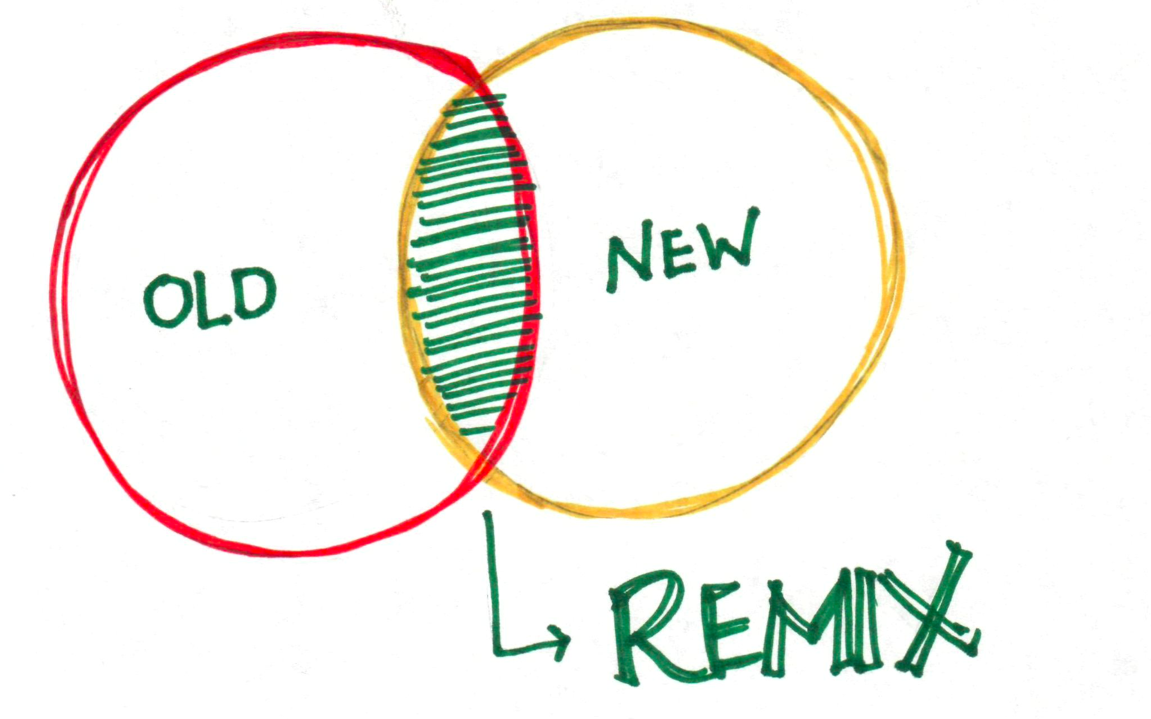Aug 2, First Saturday Monthly potluck at the Meetinghouse: Singing, Meal, & Discussion with Wess Daniels
Aug 2, First Saturday Monthly potluck at the Meetinghouse—join for all or part:
4-6 The community Song Circle--do you have a favorite song? Meet others who have been participating in this Circle for quite a while. Then, whether or not you come to the singing, we'll follow with our 6 p.m. "First Saturday" potluck dinner. Ellie will provide spaghetti (gluten free), sauce, and meatballs, so please add to that with salad, homemade bread, dessert, etc., as you are able, followed by…
7 p.m: Time for a Quaker “Remix”? Wess Daniels Says Yes
By Karen Warren
It’s an understatement to say a lot has changed in the Religious Society of Friends of the Truth since its early days, when new ways of sharing spiritual lives and revelations began with George Fox, Margaret Fell, and others in the 1650s. As a Quaker minister, educator, and author, C. Wess Daniels has stepped into the lines of inquiry shared by Ben Pink Dandelion and others asking: have we now, almost five hundred years later, strayed too far from the core of those early Friends’ traditions? In a secular and individualistic society, have our faith communities taken on too much of its norms and values?
Daniels uses the metaphor of “remix” to suggest that our meetings will be much stronger if we ground ourselves in our religious traditions while also finding sustenance from our present context—our culture and place—as well as resources from related traditions. In this remixing process, “apprentices” engage deeply with Friends’ legacy of faith and practice and bring this richness forward into their present context. This “remix” process requires flexibility and creativity as we “dialogue with … original texts, practices, and interpretations” through immersion and authentic questioning, integrating new voices and contributions. The process can be invigorating and richly spiritual, resulting in a “renewed participatory community” that is rooted in both tradition and contemporary culture (from A Convergent Model of Renewal 210).
What might that remix process look like in practical terms? What is the role of apprentices in this context? To provide a concrete example, I’m going to draw from the experiences some of us have had in our Peace and Justice working group on the issue of homelessness and housing. As we were guided to begin this important social justice work, we knew before we could contribute, we had to learn “the lay of the land” and see how our community was responding. We attended open forums hosted by Housing Matters, listening to those with lived experience and service providers. We volunteered by providing food during our shelter nights at the meetinghouse, through the Association of Faith Communities (AFC). We learned about other interfaith services in our community, such as the weekly showers provided by Mid-County Homeless Coalition and saw how other churches were providing restrooms and showers on-site for Safe Spaces participants (another AFC program, for unhoused people to use church parking lots to sleep in their vehicles overnight). We participated in county forums where we got a big-picture view of the county’s overall approach to the issues. We visited new affordable housing sites on church property. We learned through news articles and the film Beyond the Bridge about the effective ways other communities were taking an integrated approach to creating more housing and addressing homelessness.
These past three years of our “apprenticeship” have prepared us to contribute more effectively on several levels: to consider what we might provide to our own Safe Spaces participants in terms of access to restrooms and showers, to network with other faith communities and non-profits on direct support to unhoused people and their families (through our connection with Miracle Messages, etc.), and to continue working towards more long-term solutions through the creation of more housing and the integration of services for unhoused people in Santa Cruz County.
The “apprenticeship” process described above has many concrete, practical aspects. In a faith community, much of the work is internal, contemplative—but also shared through worship, discussion groups, worship sharing, and the application of Faith and Practice to the work we do in business meeting and committees/working groups. As Quakers today, we also reflect on ways to “remix” old and new using 21st century tools and resources to enrich our meetings and our presence as Friends in the wider world. Our online presence—through our website, newsletter, and zoom meetings—reflect this.
The two-year involvement of our Meeting in Quaker Connect, based in part on Daniels’ work, gives us an opportunity to experiment together with the remixing process and its ramifications for our future. How do we support our members and attenders to engage deeply with our tradition? How do we adapt to new realities as our communities change, as Friends of different ages face new challenges, as we participate in the broader culture with all of its diversity? Please come for a lively conversation with Wess at 7 p.m. following our potluck* on August 2 at the meetinghouse. It will be great to have all of our voices in the mix!
All are welcome--invite friends and family!
